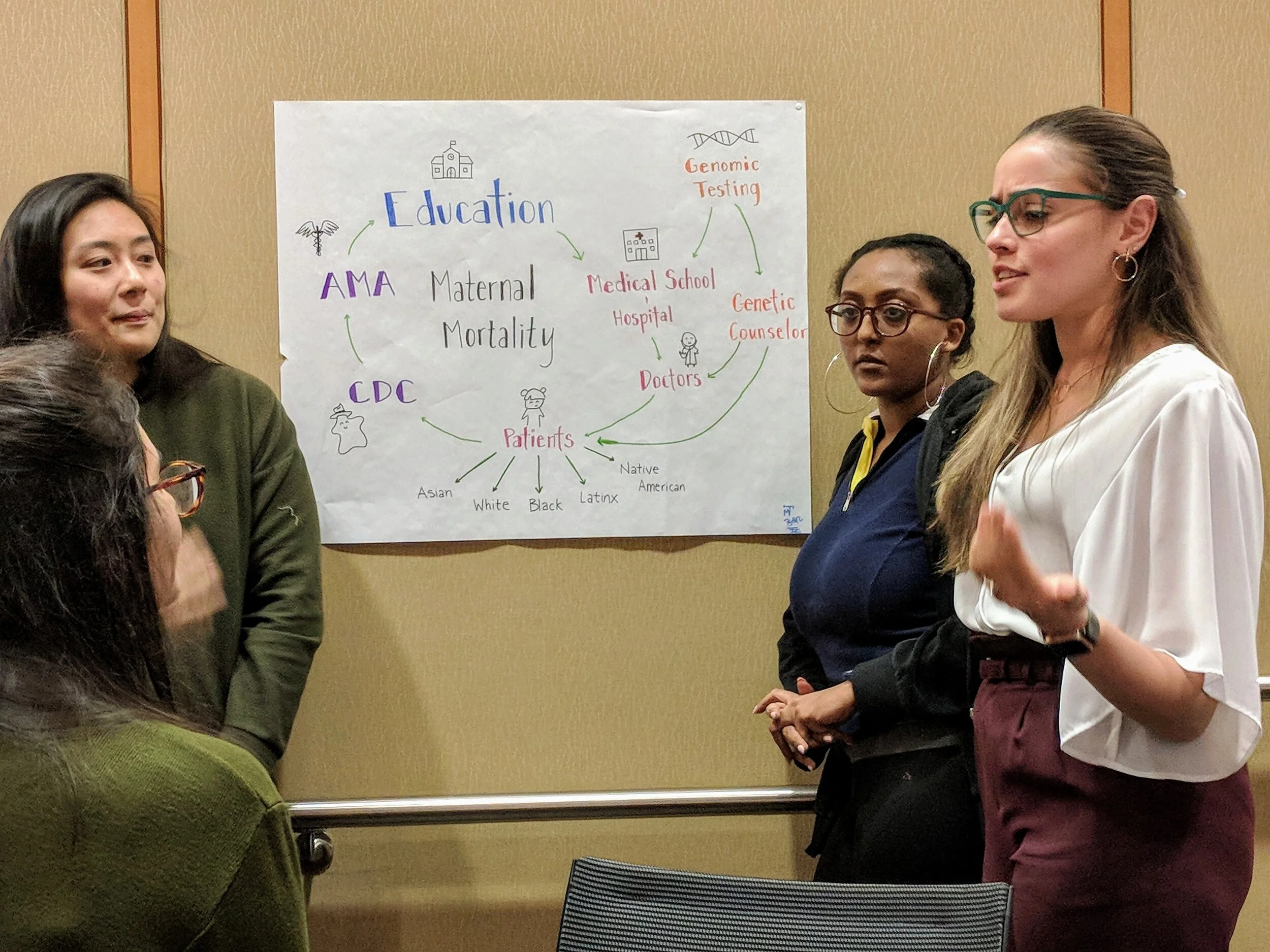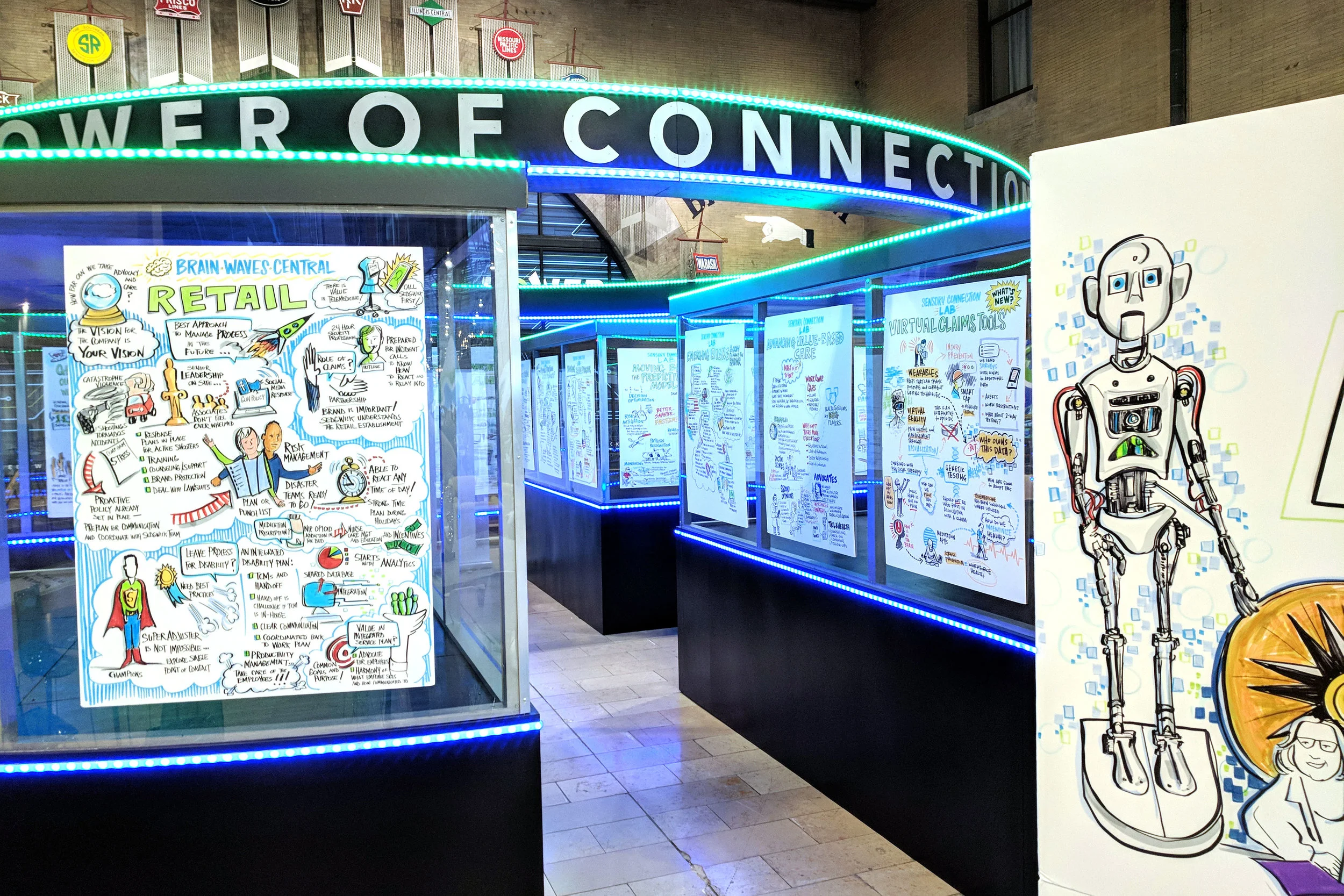This American Life: Unconditional Love
/Dr. Harlow spent a lot of time with monkeys and their mommas. Evil, robot mommas, to be exact.

Dr. Harry Harlow and his Artificial Mother
Harry Frederick Harlow was an American psychologist best known for his maternal-deprivation and social isolation experiments on rhesus monkeys, which demonstrated the importance of care-giving and companionship in the early stages of primate development. He conducted most of his research at the University of Wisconsin-Madison, where he worked for a time with humanistic psychologist Abraham Maslow.
Some of Harlow's experiments involved rearing infant macaques in isolation chambers that prevented them from having any contact with other monkeys or human beings. The monkeys were left alone for up to 24 months, and emerged severely disturbed.This podcast from This American Life examines Stories of unconditional love between parents and children, and how hard love can be sometimes in daily practice.
|








